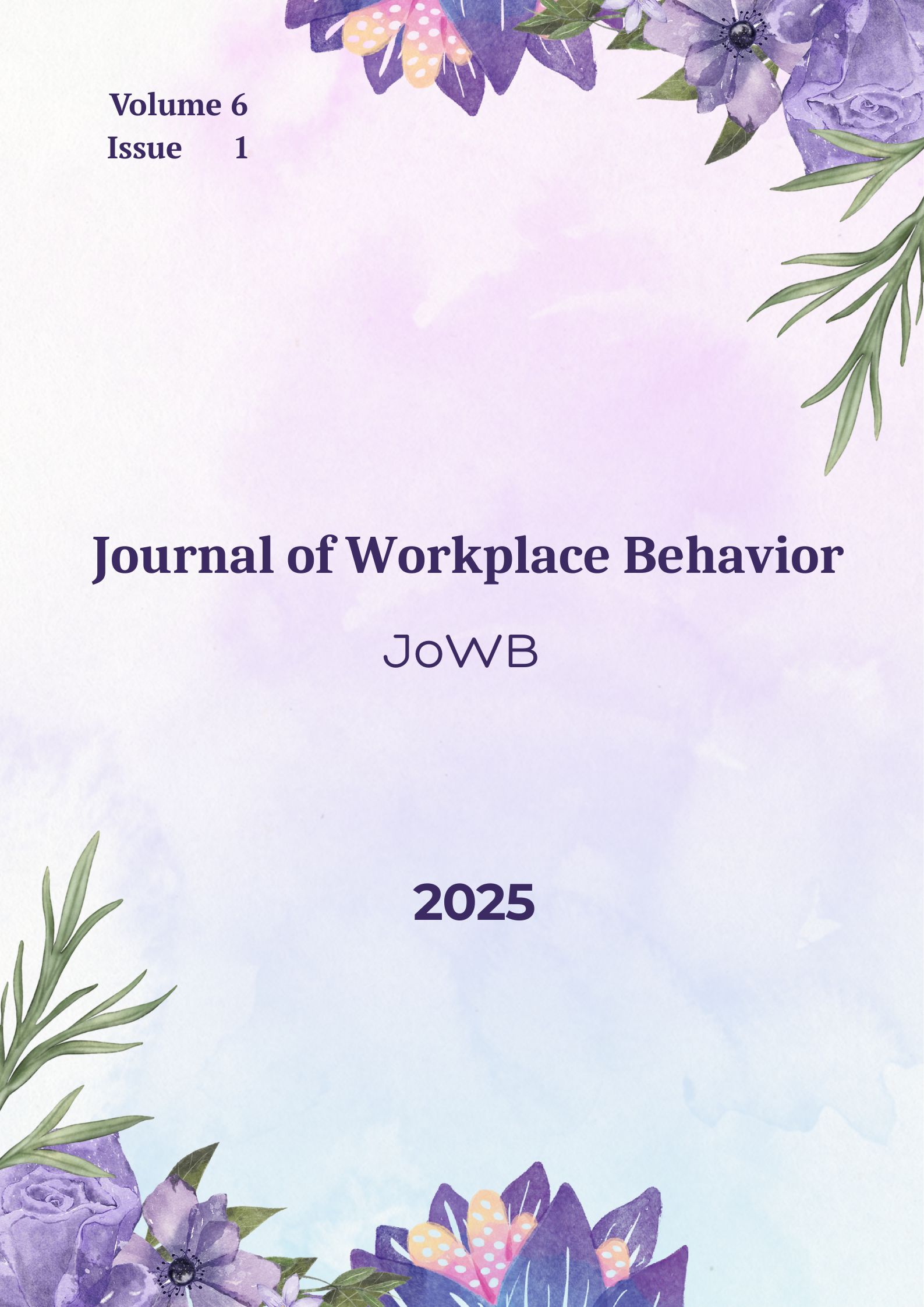Designing and Validating a Tool for Measuring Teachers’ Perception: A Methodological Contribution to Performance Based Teacher’s Licensing Framework Development
Main Article Content
Abstract
Teacher licensing is recognized as a mechanism for improving the quality of education by ensuring accountability, professionalism, and continuous teacher development. However, in Pakistan, no standardized licensing system currently exists nation-wide. A validated instrument to measure teacher performance for licensing purposes has been lacking. This study aimed to develop and validate a tool to measure perception of teachers about performance-based evaluation that could inform the development of a framework for initiating a teacher licensing system. Guided by theoretical frameworks of Messick and DeVellis, the tool was designed through an extensive literature review and expert consultation, followed by assessment of content validity using the Content Validity Index (CVI). Expert feedback led to the removal of redundant items, revision of unclear items, and addition of contextually relevant items. The revised tool was pilot-tested with 100 elementary school teachers (Urban Boys and Girls, Rural Boys and Girls), yielding a 53% response rate, which is considered acceptable for pilot validation studies. Reliability testing using Cronbach’s alpha confirmed acceptable internal consistency, while Principal Component Analysis (PCA) established construct validity. The five-factor structure explained 67.4% of the total variance, capturing constructs of perceptions of licensing, performance aspects, role of management, anticipated challenges in implementation, and recommendations for successful adoption. The findings validate a statistically robust and contextually grounded tool that can serve as a foundation for developing a licensing framework in Pakistan. This contributes to the broader discourse on teacher accountability and quality enhancement, offering policymakers a reliable instrument to initiate evidence-based teacher licensing reform.

